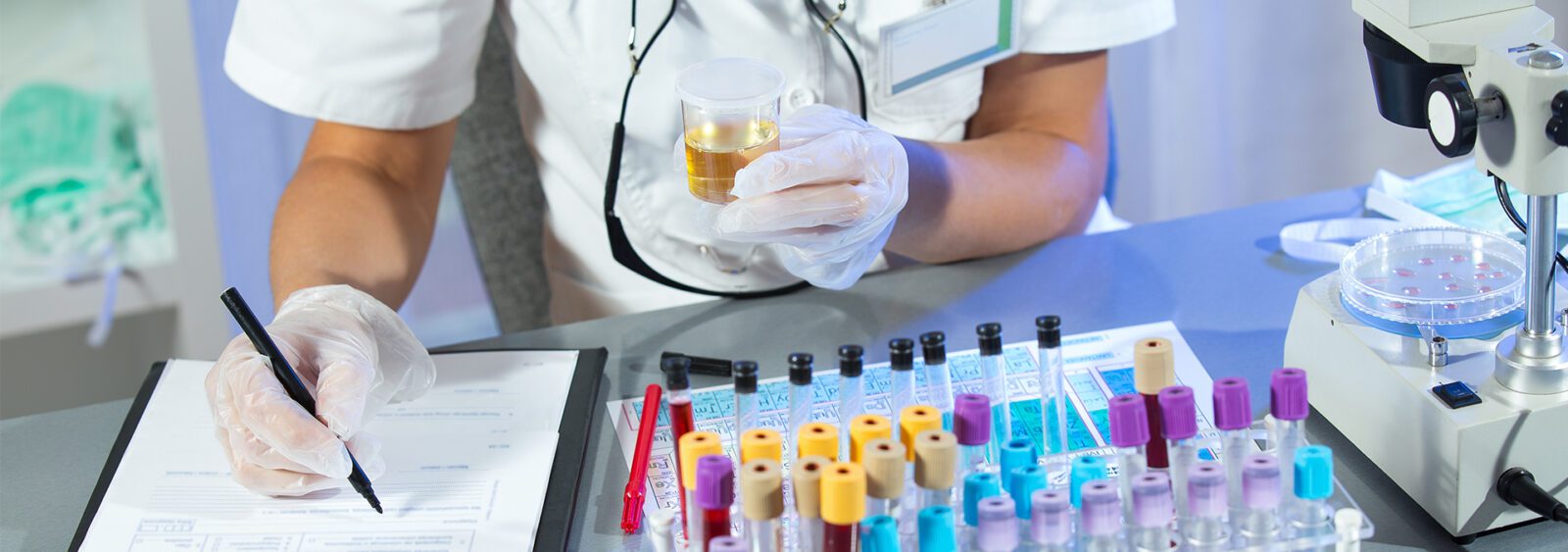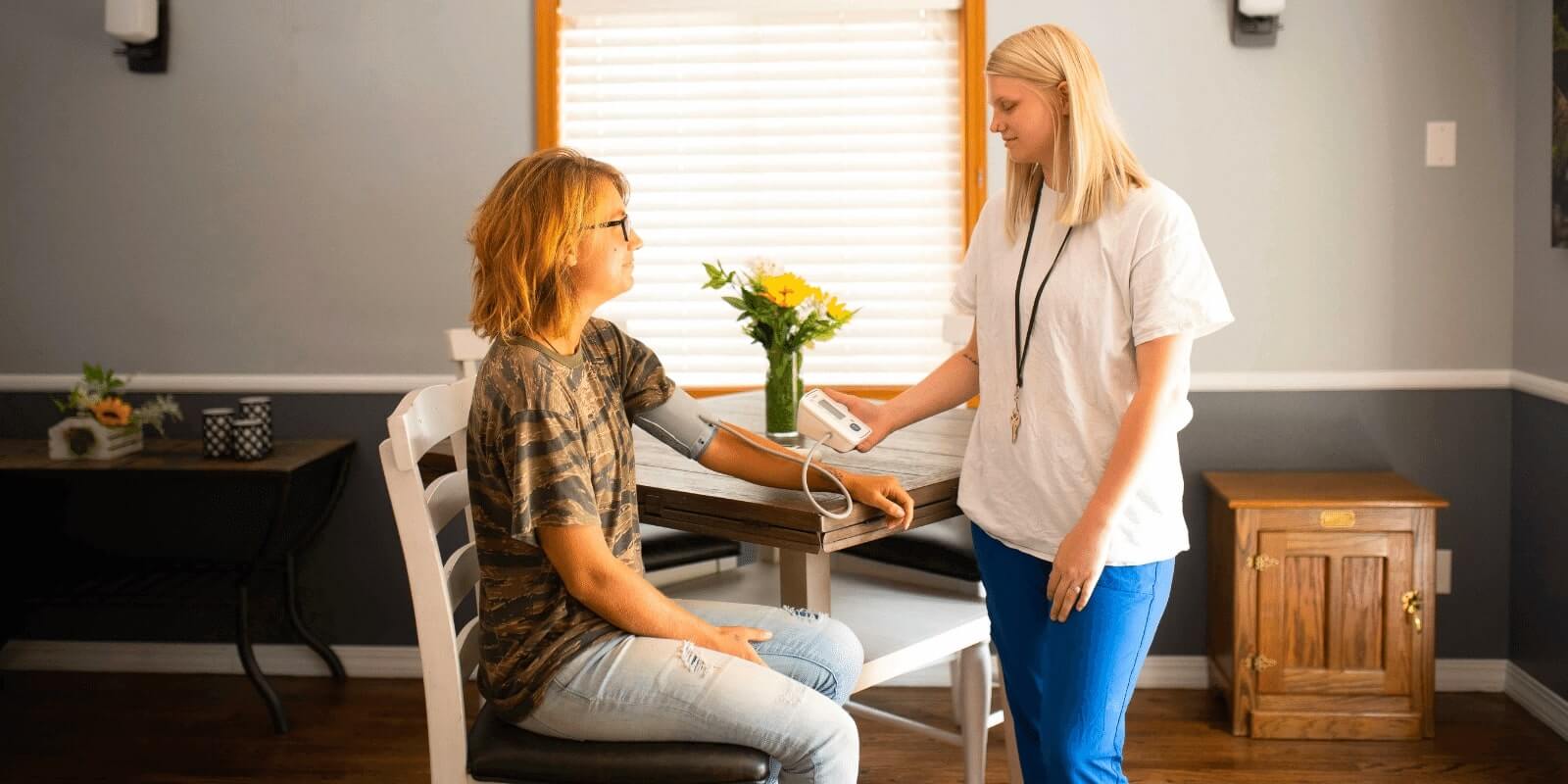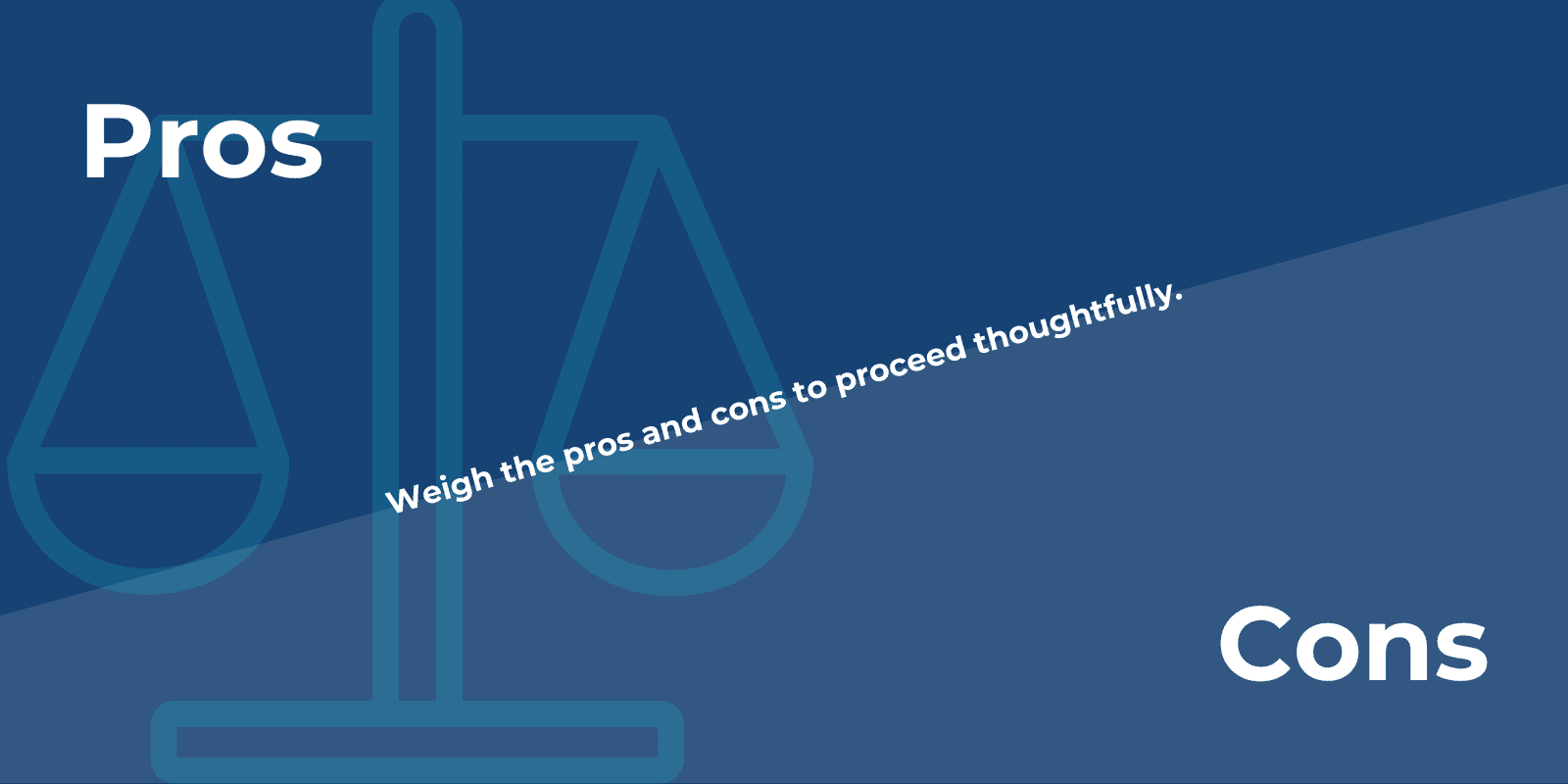Thinking About Drug Testing Your Child?


Are you considering drug testing your child? Perhaps you have found suspicious paraphernalia or smelled smoke on your child. Maybe after going away to college, their academic performance is suddenly tanking and you are wondering whether drugs or alcohol are involved.
In an ideal world, these issues could be addressed through open and honest conversation. However, this is not always possible, as teens try to hide their use, fear the consequences of admitting use, or do not have a trusted adult to tell about their concerns.
Drug testing can be a useful tool in helping a loved one stay safe and healthy. However, it also has its limits and must be used with care and intention to be most effective.
This article will discuss some of the uses of drug testing, how it works, and how to know if your loved one needs treatment.
Parents consider drug testing their child for a variety of reasons. They generally fall into the category of preventative/exploratory testing, and monitoring or accountability.
Parents may choose to drug test their child even without clear evidence of use if they observe concerning behaviors such as:
Parents may also choose to drug test their child to discover the extent of drug use – perhaps a child has admitted to smoking marijuana, but denies using other substances, or says they only smoke on occasion.
A drug test can reveal the presence of other substances, as well as give information on the concentration of a substance in the body.
Parents also use drug tests once a child has admitted to using substances or been in treatment. It can be a way to keep a child on track who has committed to abstinence.

Drug testing can be done in a variety of ways, from relatively basic and inexpensive home tests to more sophisticated lab tests.
These can be bought at drug stores and test for a variety of substances. Most give results within minutes, and some of the higher-end tests can be sent to labs for confirmation.
The advantage of these tests is that they are easy to purchase and relatively inexpensive. A disadvantage is that they only test for certain substances, and may be easier to cheat than a monitored lab test.
There are some advantages to professional testing, which can be done at a dedicated drug testing center or treatment program. Some of the benefits of these include:
There are a variety of ways to test for a substance, depending on the timeframe which substance is suspected. The most common type of test is urine, but drug screening can also be done on hair, blood, breath, and saliva.
Drug testing can be done following a suspicious incident, at random times, or at regular intervals. Professional testing centers have various ways of testing randomly, such as having clients call in daily to see whether their name has been chosen by a computer.

Monitored testing, lab confirmations, and random testing all help to reduce the likelihood that a person will cheat on a drug test. However, it only takes a simple internet search to find hundreds of suggestions on ways to cheat on drug tests, and it is difficult to entirely prevent this problem.
Some of the common ways of cheating on drug tests include:
It is important to view drug testing as one data point in a larger picture that indicates how well a person is doing, and whether substances may be contributing to their issues.
Drug testing can be an important part of keeping your child safe, but it can also be a violation of your child’s privacy and has the potential to damage the relationship. It is important to weigh the pros and cons of policing your child in this way and to proceed thoughtfully.

Conversations about drug use should start well before you first suspect your child is using. Remember the old adage that you have two ears and one mouth, and try to learn from your child what the drug culture at their school is like, what their opinions on substances are, etc.
Of course, not all teens will be open about these things, but letting them know that you are interested and tuned in provides a good foundation for more difficult conversations.
Whenever possible, give your child an opportunity to come clean about use before testing. This gives them an opportunity to take responsibility, even if it is under threat of a drug test, and begins the process of having conversations.
Approach this conversation and testing when you are calm enough to explain that you are asking this out of concern for their health and safety. You do not want this to become a cat and mouse game or a battle, but rather a tool for increased communication and accountability.
In some cases, it is appropriate to use ongoing testing as a tool to keep your child accountable. If this is the case with your child, it is important to make clear the purpose of ongoing testing and the expectations behind it.
For example, a family may decide that a teen or young adult who has consistently struggled with substances and/or been to treatment and is going to college out of state needs to submit to regular drug tests at a local testing center.
This provides both a disincentive for the young adult to use and a way of catching a problem before it becomes too big. If you determine that regular or random testing is right for your child, here are some tips to help it be most effective.
Teens and young adults are becoming more independent and learning to make choices for themselves. By setting up clear expectations and consequences, you can help your child to make good choices, and create an early warning system if they are unable to do so.
Perhaps your expectation is that if your teen’s GPA dips below a C average they will be randomly drug tested because in the past their use has impacted academics. Perhaps being late for curfew will trigger a drug test.
The idea is that if they are making good choices and keeping up their end of the bargain, you will be less likely to use intrusive means of monitoring them.
You are not responsible for coming up with a predetermined consequence for every possible infraction. However, making clear what the consequences of a positive test result will give your teen or young adult a clear choice.
Will they lose driving privileges until they test clean? Will they be asked to seek treatment?
The consequence depends on your teen or young adult’s situation, but ideally should be directly related to the infraction and match the severity of the concern. It is also important that the consequences be time-limited with a clear path to earning back trust and privileges.
Providing clear consequences in advance of testing also helps illuminate whether a teen is using in spite of known consequences (one indicator of addiction), or whether they are simply doubtful that any consequences exist or will be enforced.

It is important to understand that drug testing is not a substitute for treatment.
If your child is continuing to use drugs and/or alcohol in spite of negative consequences such as failing drug tests, falling grades, and damaged relationships, it is probably a sign that their use has gone beyond their ability to control or cope, and that they need help.
There are many kinds of support available to teens and young adults struggling with substances, from groups to individual therapy, to outpatient programs to residential or “rehab” programs.
It is important to reach out for professional support when problem behaviors are escalating. Look for a therapist or program that specifically works with teens or young adults and their families.
Sandstone Care provides a full continuum of care for adolescents and young adults struggling with substance abuse and co-occurring disorders. It has locations in Colorado, Virginia, Maryland, and Illinois.
If you are looking for teen alcohol treatment or concerned your child has a drug problem, contact us today. Our experienced and compassionate staff can help you chart a course toward health and safety for your child and family.


We understand taking the first step is difficult. There is no shame or guilt in asking for help or more information. We are here to support you in any way we can.